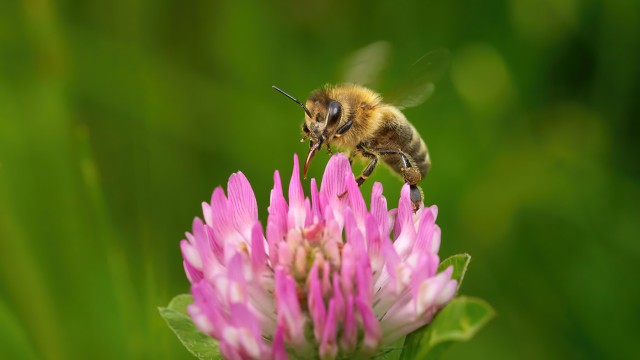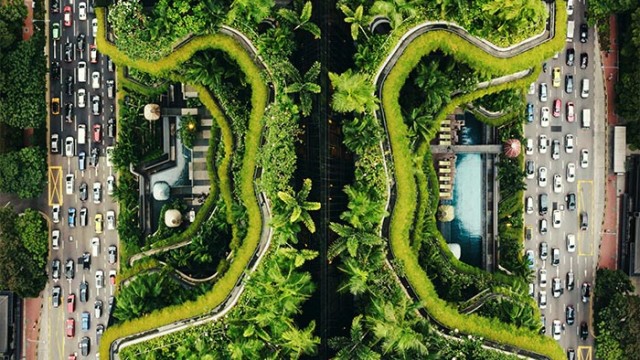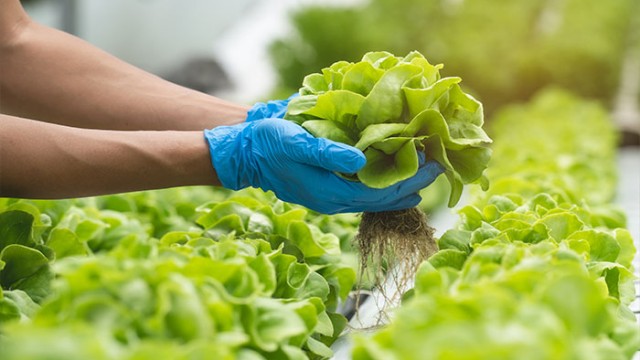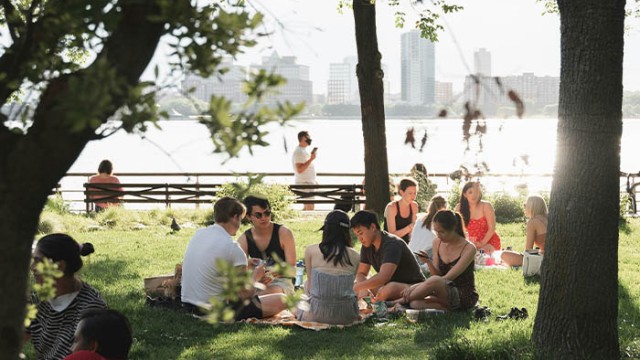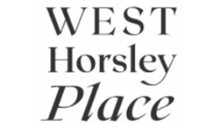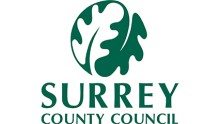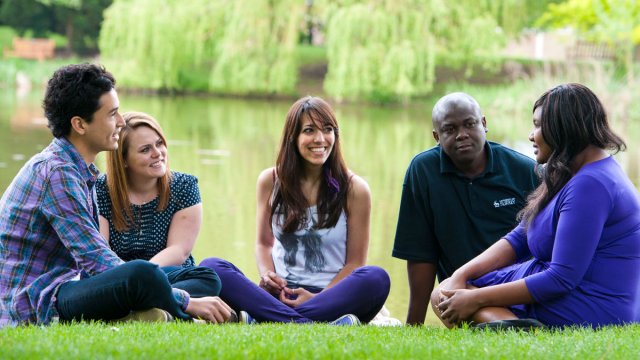

Institute for Sustainability research
With a proud history of pioneering interdisciplinary research, education and impact in the field of sustainability, the Institute brings together Surrey's research strengths in six interconnected areas, combining technological solutions with understandings of wider social contexts.
Research and innovation programmes
The six core areas in which the University of Surrey can make a global impact by being at the forefront of interdisciplinary sustainability research:
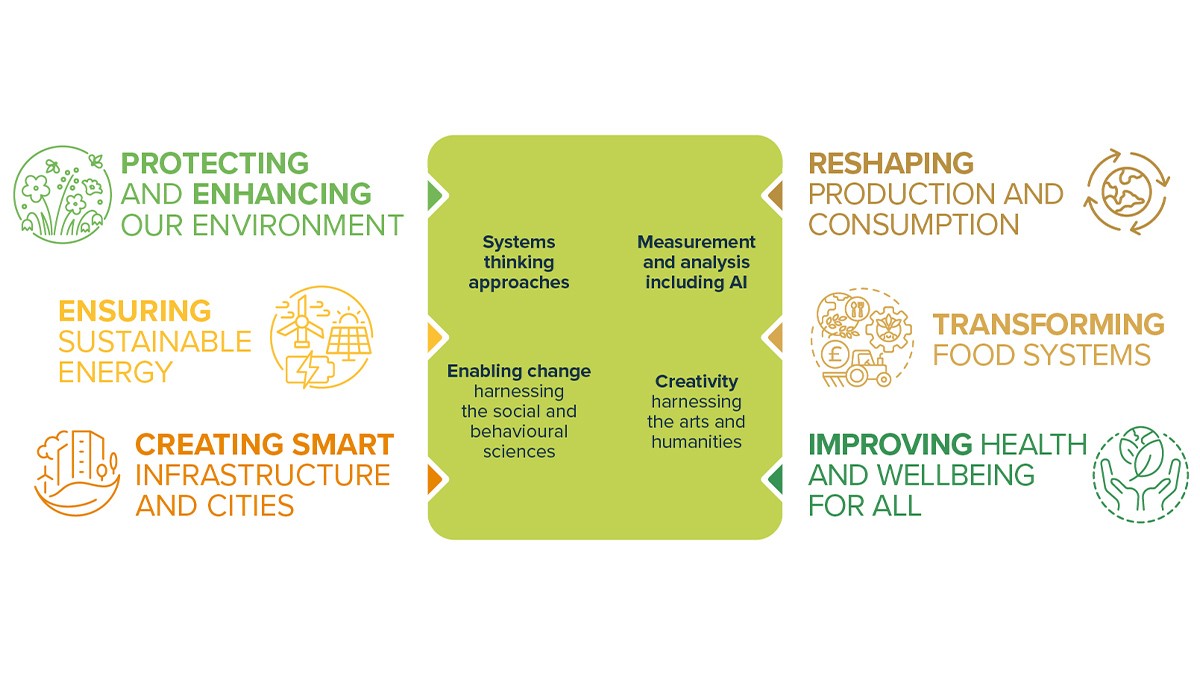
Highlights
Research collaborators and partners
Sustainability Innovation Hub
The Sustainability Innovation Hub is a dynamic centre of cross-disciplinary activity designed to promote innovation, collaboration, and the adoption of sustainable practices, products, or services linked to the UN Sustainable Development Goals. It operates as a platform to bring together researchers from diverse disciplines and a range of external organisations, fostering a dynamic ecosystem that will encourage collaboration.
